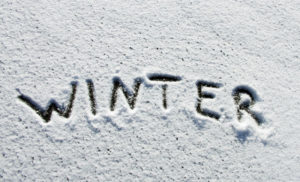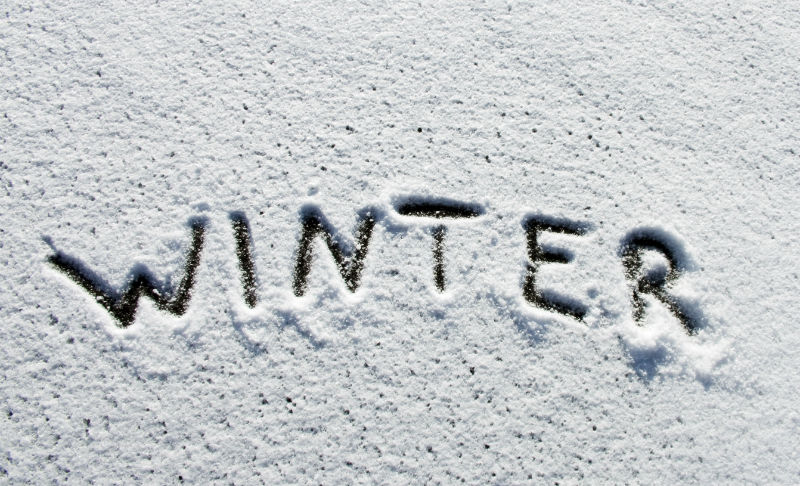With fall in full-swing it is definitely time to prepare for winter. Having your chimney system cleaned and inspected should be on your to-do list if it hasn’t happened yet. However there are other factors to consider when it comes to your masonry.
Water and Your Masonry Chimney
 A masonry chimney is constructed of a variety of masonry and metal materials including brick, mortar, concrete, concrete block, stone, flue tile, steel and cast iron. All of these materials are adversely affected by water and moisture. When water penetrates the masonry it can cause rusting and malfunction of working parts, like the damper assembly for instance. However something even worse can happy to your masonry when water gains access. One of the most detrimental occurrences to your chimney structure is the process of water freezing and thawing. Each time the water is frozen, it expands, causing your masonry to shift and move. This freeze/thaw process accelerates the deterioration of your masonry chimney by years.
A masonry chimney is constructed of a variety of masonry and metal materials including brick, mortar, concrete, concrete block, stone, flue tile, steel and cast iron. All of these materials are adversely affected by water and moisture. When water penetrates the masonry it can cause rusting and malfunction of working parts, like the damper assembly for instance. However something even worse can happy to your masonry when water gains access. One of the most detrimental occurrences to your chimney structure is the process of water freezing and thawing. Each time the water is frozen, it expands, causing your masonry to shift and move. This freeze/thaw process accelerates the deterioration of your masonry chimney by years.
For a more detailed account of damages caused by water leaks, as well as signs of a leaky chimney, visit the Chimney Safety Institute of America (CSIA).
Waterproofing for Winter
Rain water is one thing, but snow is a completely different beast to contend with. The average snowfall in recent years for Indianapolis was around 25.6 inches total. Over several snow falls, and depending on the weather, piles of snow will sit atop the roof, chimney, and flashing. As it sits there the chimney warms up, and begins to melt the snow. As a result, this process allows your chimney to be penetrated with water, causing extensive damage.
Avoid damage to your masonry chimney this winter
The Chimney Safety Institute of America suggests the following may cause your masonry chimney to become compromised this winter:
- A chimney cap that is missing, damaged, or installed improperly
The chimney cap keeps moisture out of the top of the chimney flue. It’s the most inexpensive step a homeowner can take to prevent water penetration. - A damaged chimney crown
The chimney crown works with the flue and the chimney cap in order to close the top of the masonry chimney completely. If the chimney crown is damaged or missing you can expect that 26 inches of snow over the year (on average) to penetrate the crown and fall into the chimney. - Shifted, rusted, or missing flashing
The most important factor besides waterproofing itself is a properly installed flashing. Flashing is made up of many thin sheets of metal strategically placed around the junction of chimney and roof. If you experience a chimney leak, it most likely is caused by the flashing. It’s hard to perfect this part of the chimney system and if it is installed by an amateur or constructed of the wrong materials, it can be the source of leaks every time.
The Final and Most Important Thing You Can Do to Prepare for Winter
Hire a certified chimney sweep to apply an industrial sealant to your chimney. Your waterproof sealant may have been neglected or used improperly. Masonry is designed to be porous. This allows vapors and smoke to escape through the brick. The sealant is specially designed to keep moisture out while letting vapors escape uninhibited. In addition, the water that sits on the roof as snow slowly melts has ample opportunity to penetrate the masonry. You should do all you can to prevent it.
So, are you ready to get your chimney ready?
Call The Mad Hatter today at 317.596.0200 and talk to the professionals who know Indiana. They know your chimney, and puts your safety, efficiency, and comfort first!

